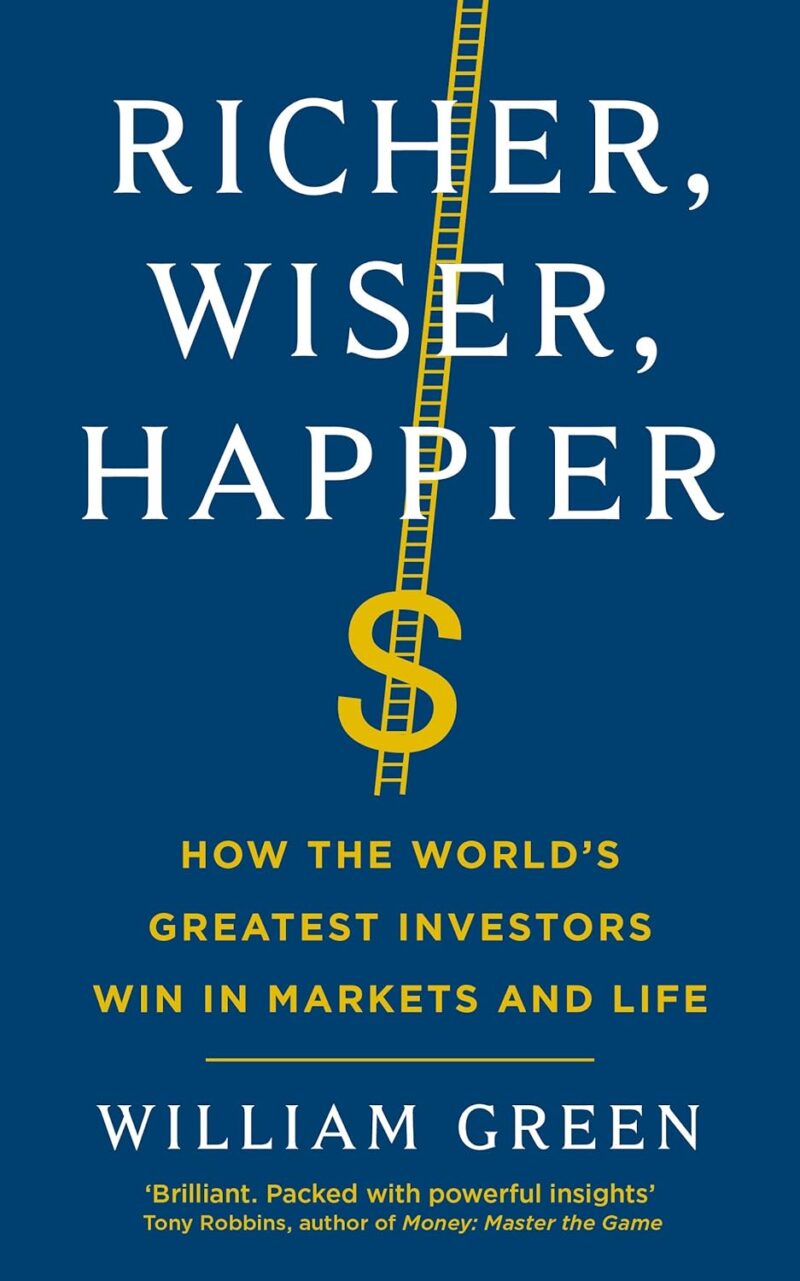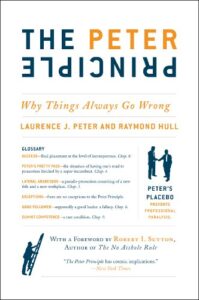Simplicity and Success: Insights from 'Richer, Wiser, Happier'
"Richer, Wiser, Happier" emphasizes simplicity's power, showcasing renowned investors' philosophies, urging readers to embrace clarity in a complex world for personal and professional success.
Subjects: investing
In today’s fast-paced world, where complexity often reigns supreme, “Richer, Wiser, Happier” emerges as a beacon of clarity, urging readers to embrace the power of simplicity. This book, rich in anecdotes and insights, underscores the universal truth that simplicity is not just a design principle but a philosophy that can lead to success, both in personal and professional realms.
Power of Simplicity
“Occam’s image of a razor captures the critical notion that we’re more likely to find the right answer by shaving away all unnecessary details.”
This quote encapsulates the essence of the book, emphasizing the need to eliminate superfluous elements to arrive at the core truth.
Albert Einstein’s observation, “All physical theories, their mathematical expressions apart, ought to lend themselves to so simple a description that even a child could understand them,” further reinforces the book’s central theme. Einstein’s words remind us that even the most profound ideas can, and should, be distilled to their simplest form.
The book also sheds light on the business world, highlighting the success of companies that have embraced simplicity. For instance, the Google homepage, known for its minimalist design, serves as a testament to the power of simplicity. Similarly, Steve Jobs’ dedication to the minimalist aesthetic of Zen Buddhism, which he incorporated into Apple’s products, is a testament to the profound impact of simplicity on product design and user experience.
Mohnish Pabrai: The Cloning Maestro
Mohnish Pabrai stands out as a unique figure in the investment world. His philosophy is built on the foundation of borrowing smart ideas from others. Pabrai proudly declares, “I’m a shameless copycat. Everything in my life is cloned.… I have no original ideas.” This approach, while seemingly counterintuitive, has been the cornerstone of his success. He believes in the power of mastering the best that others have figured out, rather than trying to reinvent the wheel.
Pabrai’s commitment to cloning is evident in his interactions with students. During one of his visits to a Dakshana classroom, he posed a challenging mathematical problem. The problem was a litmus test, as everyone who had solved it had subsequently won a place at the prestigious Indian Institutes of Technology (IIT). This exercise was not just about testing the students’ intellect but also about instilling in them the value of learning from the best.
His approach to wealth is also noteworthy. Drawing inspiration from Warren Buffett, Pabrai believes that wealth doesn’t necessarily correlate with contentment. He has often emphasized the importance of mastering the discipline of learning from the best, echoing the sentiments of Charlie Munger, who once said, “I believe in the discipline of mastering the best that other people have ever figured out.”
Pabrai’s philanthropic endeavors further highlight his cloning philosophy. Inspired by the Super 30 program in Bihar, India, which was founded by Anand Kumar to coach underprivileged students for IIT entrance exams, Pabrai sought to replicate and scale up the program. Recognizing the transformative power of education, he envisioned bringing this model to more students, thereby amplifying its impact.
Other Notable Investors Mentioned in the Richer, Wiser, Happier:
Warren Buffett: Often referred to as the “Oracle of Omaha,” Buffett’s investment strategies and philosophies are widely studied and revered. His emphasis on value investing and long-term strategies has made him one of the most successful investors of all time.
Charlie Munger: Buffett’s right-hand man and the vice-chairman of Berkshire Hathaway, Munger is known for his wit, wisdom, and investment acumen. His philosophy of “inversion” and his multidisciplinary approach to investing are particularly noteworthy.
Sir John Templeton: A maverick investor known for his global value investing approach. Templeton’s discipline and self-mastery, combined with his willingness to bet against the grain, made him a legendary figure in the investment world.
Jack Bogle: The pioneer of index funds and the founder of Vanguard Group. Bogle’s emphasis on simplicity and his advocacy for low-cost investing revolutionized the investment landscape.
Barton Biggs: Another notable name in the investment world, Biggs’ insights and strategies have been influential in shaping investment philosophies.
Ed Thorp: Known for his mathematical prowess and innovative strategies, Thorp’s contributions to the world of finance and investing are significant.
Conclusion
“Richer, Wiser, Happier” is not just a book; it’s a guide for those seeking clarity in a world mired in complexity. Whether you’re a scientist, a business professional, or someone looking for personal growth, this book offers invaluable insights that can transform the way you think and act.
Author’s Perspective
The book’s author, William Green, is no stranger to the world of writing. With contributions to renowned publications like Time, Fortune, and The New Yorker, Green brings a wealth of experience and a unique perspective to the table. His emphasis on simplicity, both in thought and action, is a reflection of his vast experience and deep understanding of the subject.




